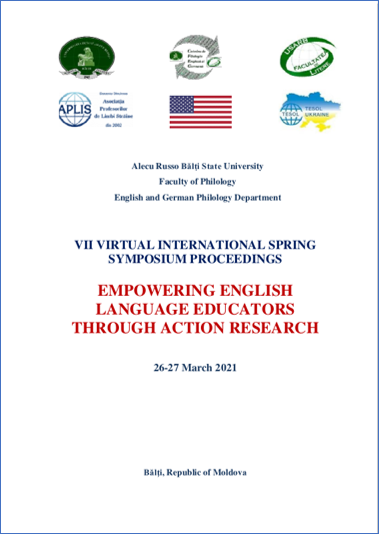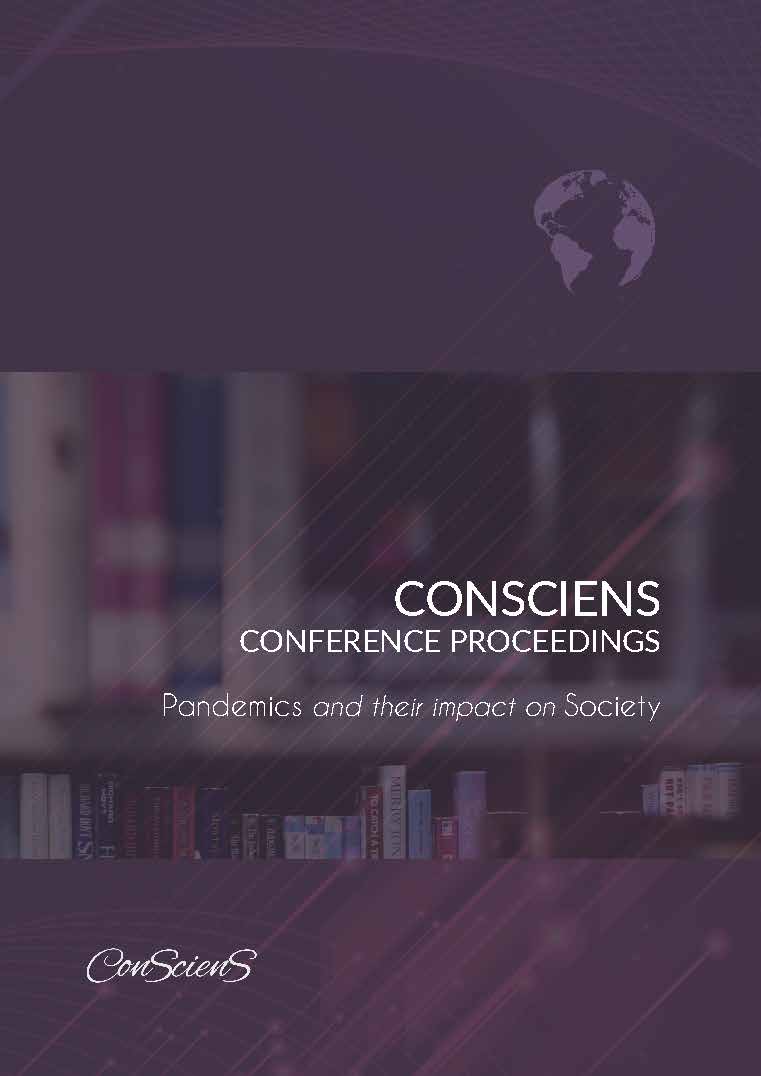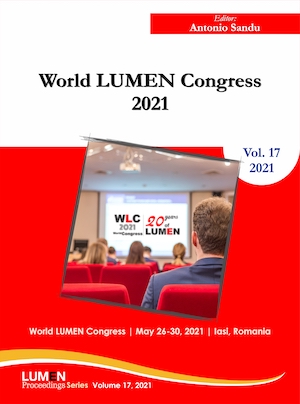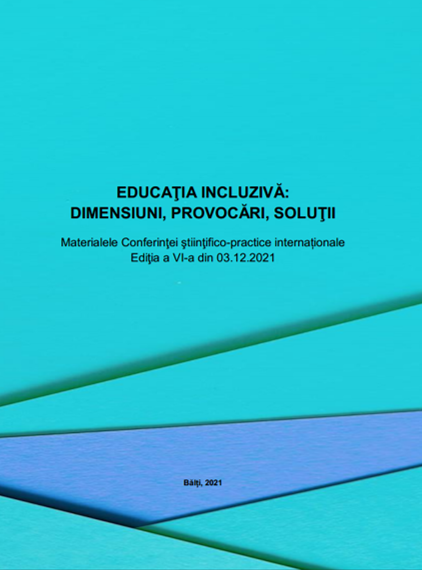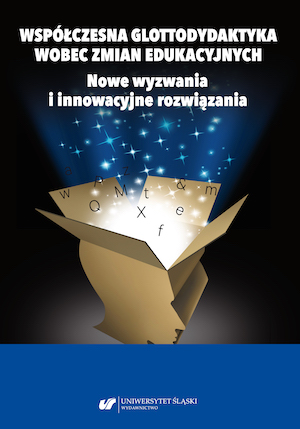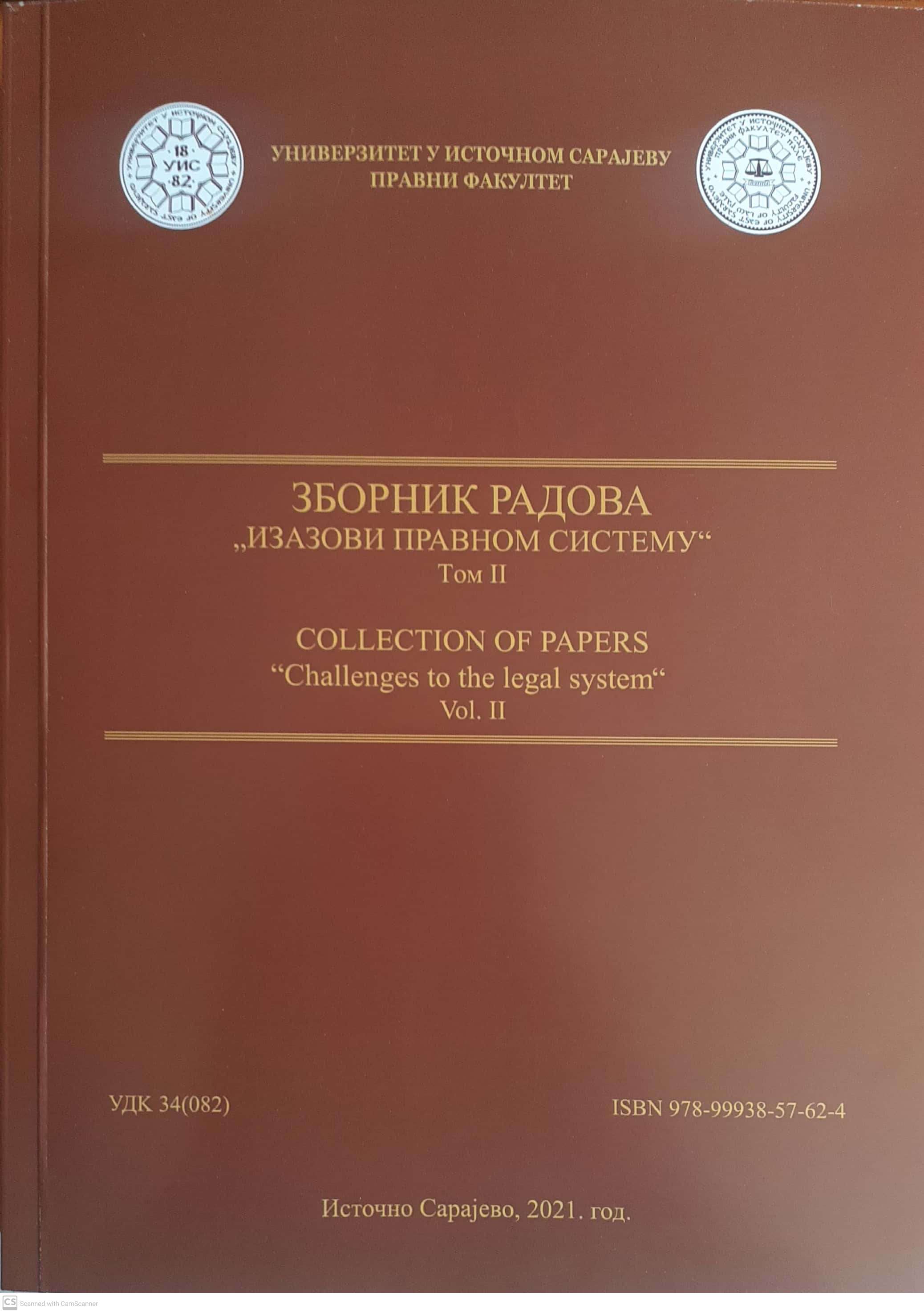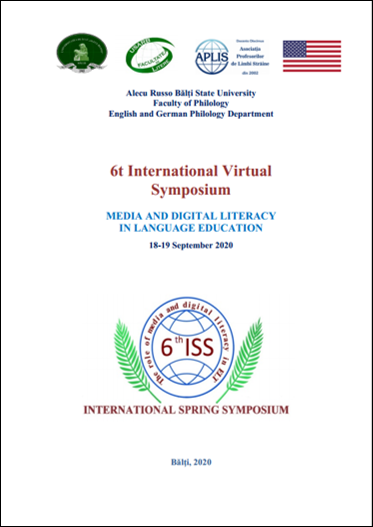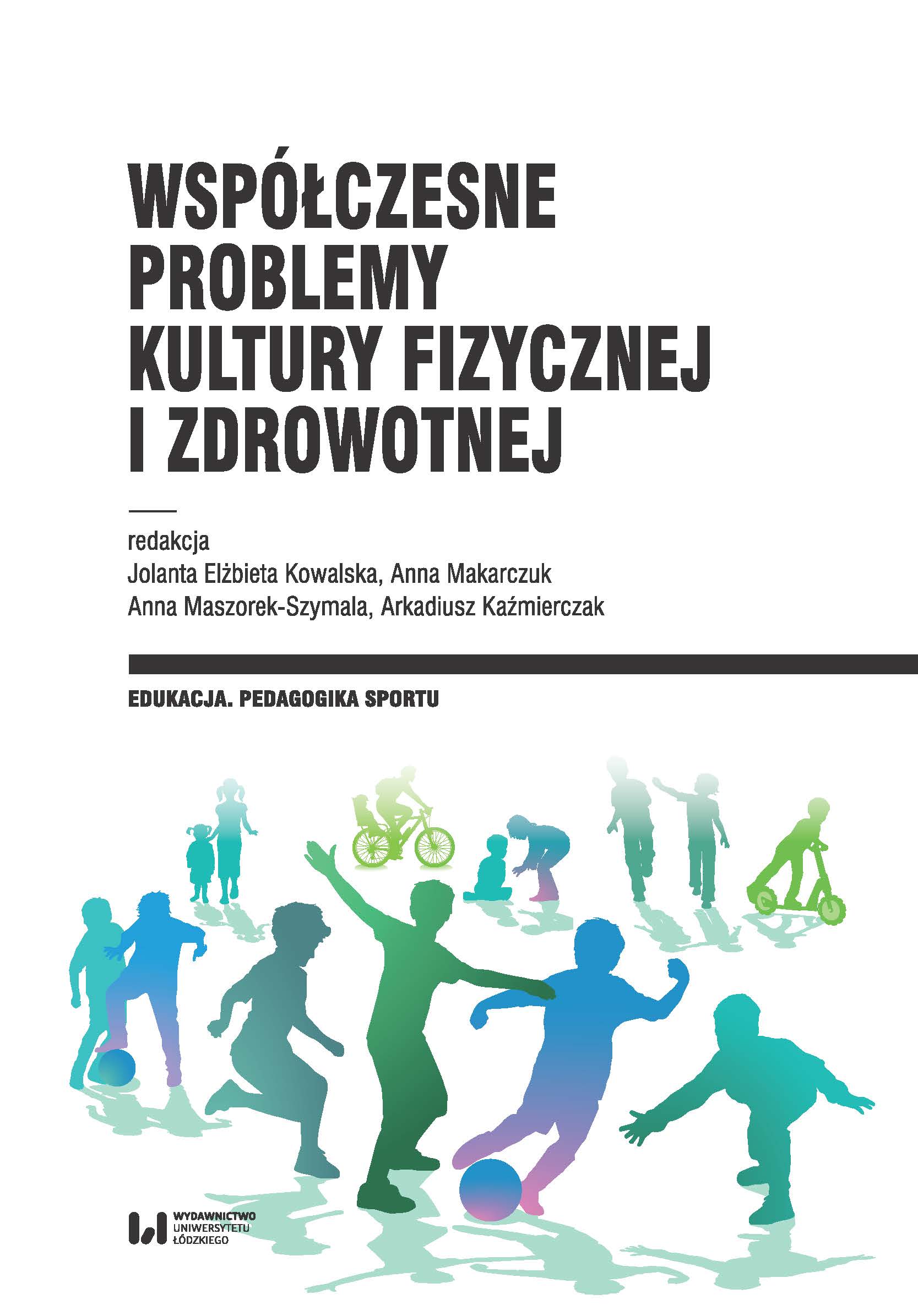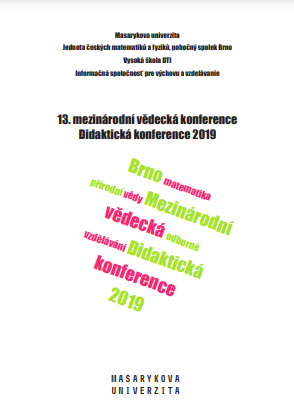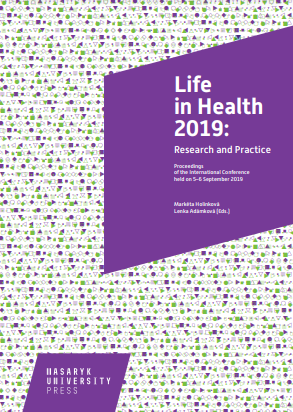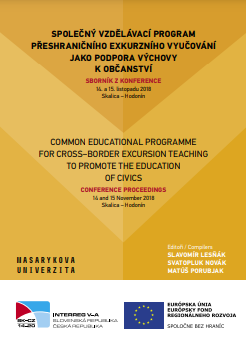Author(s): Małgorzata Tomecka / Language(s): Polish
Publication Year: 0
Before the occurrence of COVID-19, experts on the issues of a broadly understood physical culture informed about the exigence of departing from scientific advances of modern technology (computers, mobile phones etc.) in favour of various forms of physical activity, However, it is for modern technologies, presumably, that all education, as well as, common human relationships during the still lasting pandemic would be downright impossible. Physical Education has gone through revolutionary changes in the recent years and the pandemic has even deepened earlier problems and dilemmas. Since the first lockdown in March 2020, the Physical Education lessons online have raised most controversies. However, it is the pandemic which made, on the one hand the intramural form of running the subject appreciated and, on the other hand, the dissatisfaction with Physical Education grew up, which was the result of pandemic restrictions. Currently, an increased interest in Physical Education lessons is being observed as they are supposed to be a tool of prevention against the consequences of long-lasting isolation, hypokinesia and obesity. Different forms of attempts of return to the so called „normality” are being undertaken and one of them is the project of active comeback to school named „PE with PE Academy”. The development of Physical Education and its methods are strictly connected with the development of social organisation, thus, in the nearest future, further changes/modifications in core curriculum should be expected, which would incorporate activities of an intelectual character, such as e-sport or chess. The aim of the present work is to bring closer the issues related to Physical Education with special attention to pandemic turbulences.
More...
